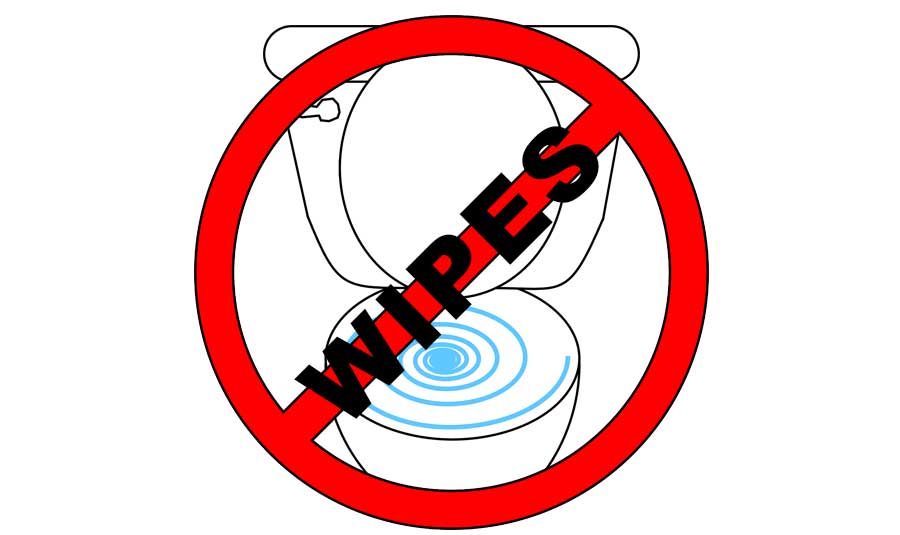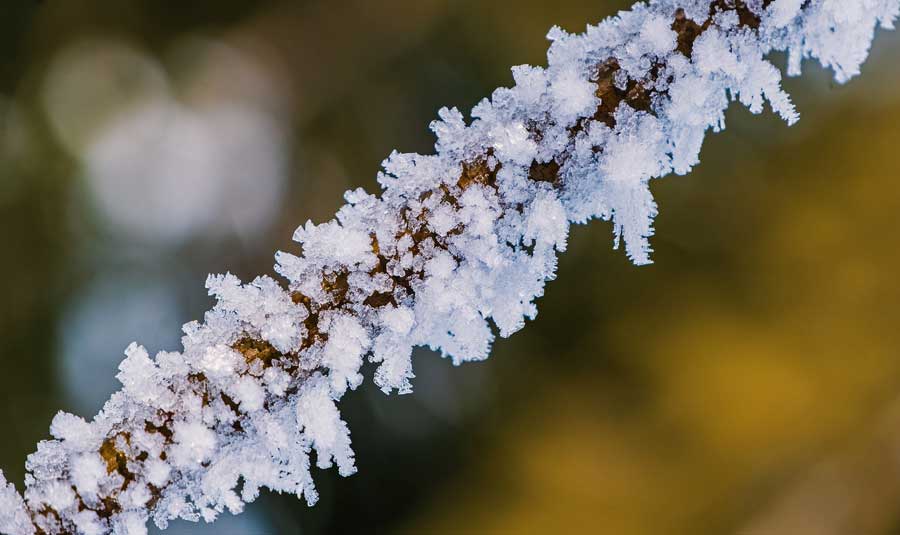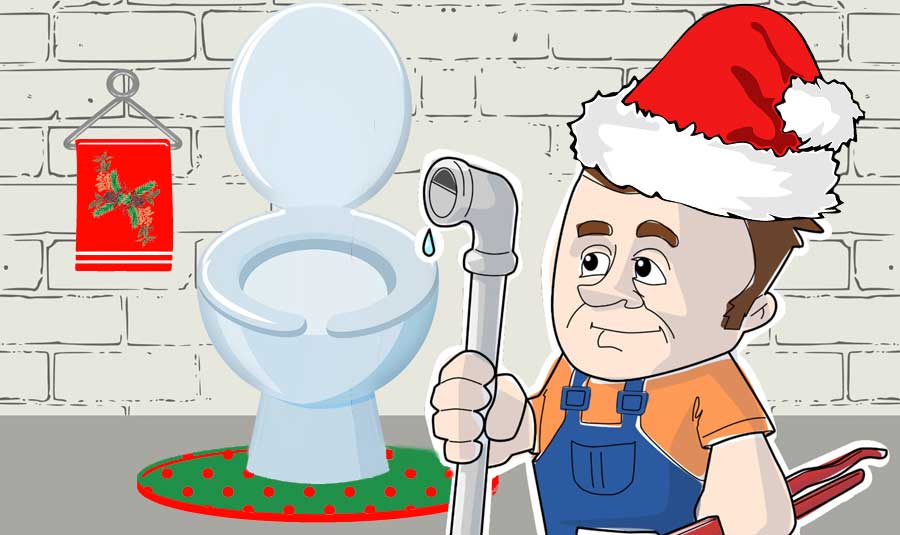Flushable wipes are not flushable, no matter what they say in the advertisements! We know, that’s pretty devastating to hear. After all, wipes are great for changing babies on the go or cleaning up small messes. They are easy and convenient. But unfortunately, not even “flushable” wipes should go anywhere near the toilet. “Why not?” you might be wondering.
Water Heater Maintenance Checklist – How to Extend the Life of Your Water Heater
by Nevie Sessoms, Owner One Stop Plumbing
Water Heater maintenance can extend the life of your water heater, and we all want hot water! It is also something we take for granted. We turn the faucet towards hot, and we expect the hot water to flow! But, just like other appliances, your water heater needs to be maintained properly, so you don’t end up with a cold shower!
When it comes to water heaters, a few different kinds are available. You could have a traditional tank water heater that, yes, has a tank to hold the water. This has its limits based on the number of gallons of water it holds. If you have a lot of people in your house, you may have a very large unit or 2 units. A tankless water heater is just that, tankless. It does not have a storage tank. You turn on the cold water, and it moves through a pipe into the unit. Depending on your energy source, an electric element or gas burner heats the water in both the tank and tankless water heater.
Whatever water heater you have or choose, it needs to be maintained to keep it working efficiently and extend its life. After all, you want hot water! The maintenance for both electric and gas water heaters are similar. Tankless Water Heaters, though, require very little maintenance. At One Stop Plumbing, we recommend you have it serviced at least once a year.
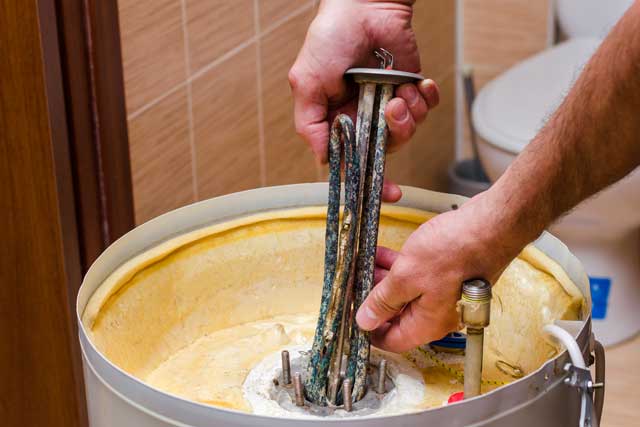
Water Heater Maintenance Checklist:
For this blog, we will focus on traditional water heaters with a tank. These items can help you avoid having no hot water, not enough hot water, or rusty colored water. They can also keep your water heater from making strange noises!
Flush your water heater:
You should flush your water heater about every six months. This will drain the sediments from the water heater tank. If not, the sentiments can clog your water lines and lower the unit’s energy efficiency.
Maintain Clearance:
It’s important to keep the space around your water heater clear. It is an appliance full of water that is attached to an energy source. The clearance is for safety, and it gives you room to work to perform the recommended maintenance.
Check your Sacrificial Anode Rod:
Sacrificial? That sounds strange right? This important piece keeps the water heater from wearing out or corroding. It is a metal rod that is in the tank and attracts minerals. They corrode the rod instead of the tank. That’s why it’s sacrificial! Discolored or smelly water can be a sign that your rod is corroded. Check your rod about every three years.
Temperature and Pressure (T&P) Relief Valve:
You don’t want pressure building up in your water tank. The T&P Relief Valve helps relieve or prevent overheated water and pressure. It can be found outside the tank, and the valve should be tested annually. If you hear gurgling noises or it’s old, it should be replaced.
Temperature Water Heater Maintenance:
You might like it super-hot! But please be careful. The temperature can be adjusted up or down based on your preferences, but in most cases 120 degrees Fahrenheit is the ideal temperature. While doing water heater maintenance, it’s always good to check where you have it set.
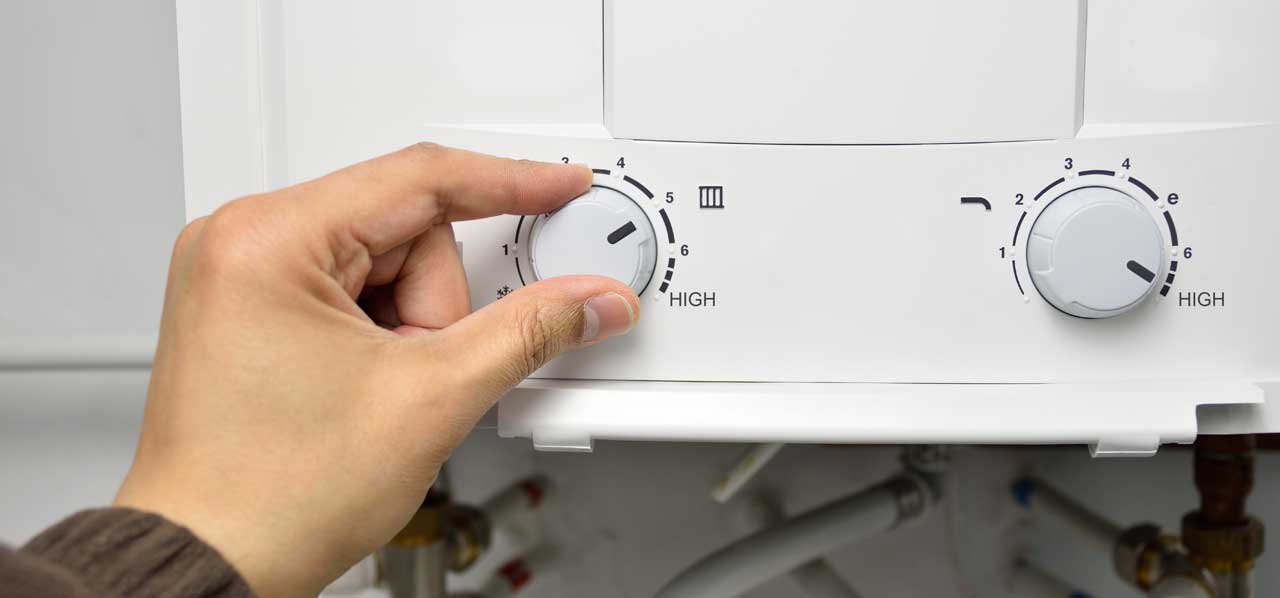
Check Your Valves:
If you’ve ever had a water heater leak, you know it is a real mess! A loose drain valve can be the culprit. Sometimes you can avoid disaster by making sure the valve has a snug fit.
Insulation:
If your unit is older, it’s best to insulate the pipes. You should also insulate the tank with a fiberglass jacket, but make sure to keep it away from the flue.
Sump Pump:
If your water heater sits in a pan with a pump, check the pump regularly to make sure it’s plugged in and working.
Energy Source:
Whether your water heater is gas or electric, make sure you do not touch the power source.
Leaving town?
If your water heater has a vacation setting, use it! Don’t worry that the pilot stays on. It doesn’t mean that it’s heating the water. There’s no need to keep the water heated if no one is there to use it!
The Importance of Water Heater Maintenance
Like other appliances, your water heater will work more efficiently and last longer if you perform Water Heater Maintenance and proactively check the parts. And remember, it full of water. You want that water to come out of your faucet, not be all over your garage floor. Or maybe worse, dripping from your ceiling because it’s in the attic!
Most people can perform water heater maintenance, but if you can’t, please call a licensed plumber. If you have a gas water heater, make sure you call someone who is a Master Gas Fitter and a Qualified Gas Contractor. At One Stop Plumbing, we are both!
If you need a plumber to perform water heater maintenance or replacement, give One Stop Plumbing a call today at (757) 321-8874!
Nevie Sessons is the owner of One Stop Plumbing. As a locally owned and operated company, Nevie built the company from the ground up starting in 2005. He is a Master Plumber licensed by the Virginia Department of Professional Occupation and Regulation (DPOR), and he is a Master Gas Fitter.

